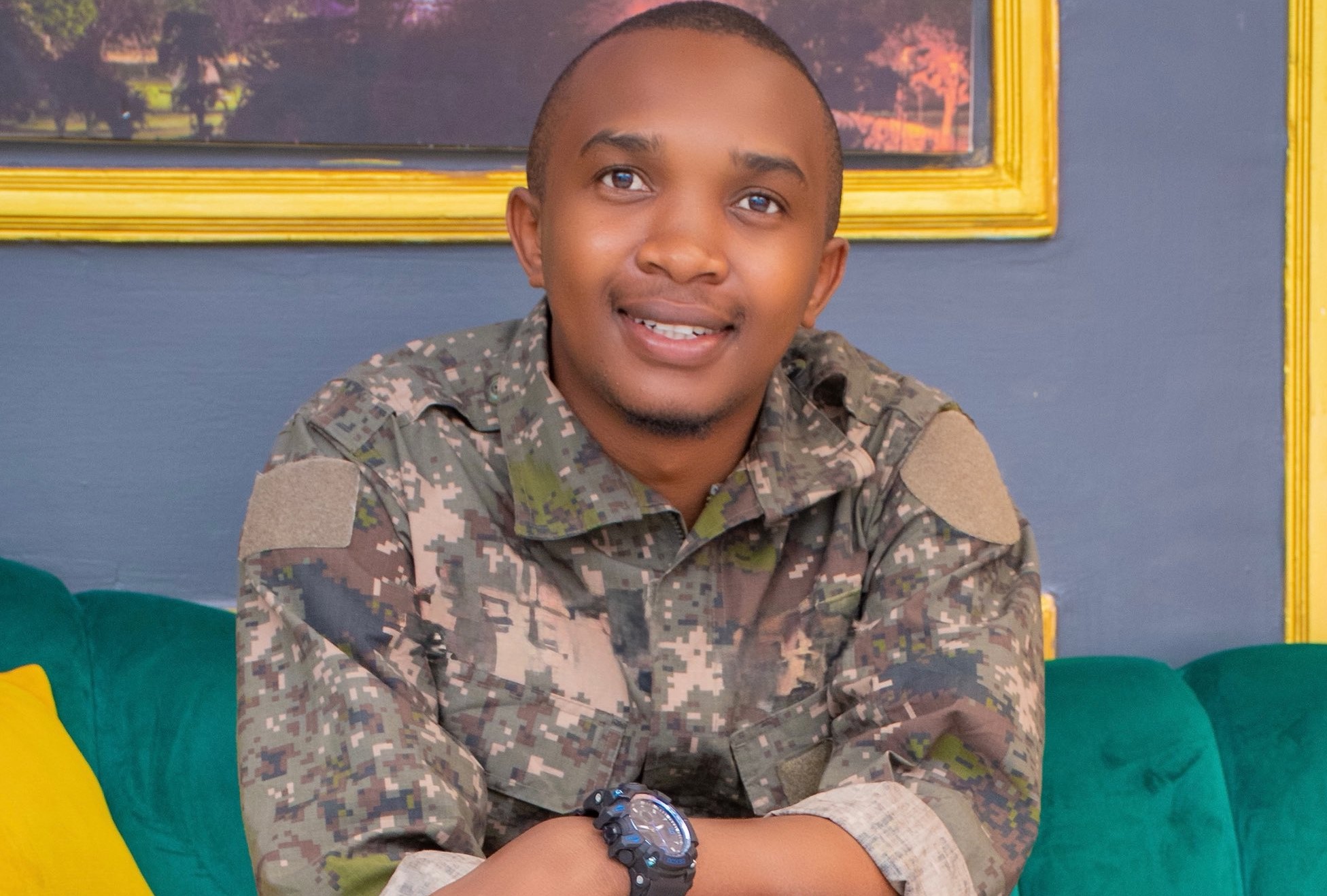 Morara Kebaso. /FILE
Morara Kebaso. /FILE
Three months after sending shockwaves through Kenya’s political scene by abruptly quitting politics, outspoken activist and lawyer Morara Kebaso has opened up about the deep emotional scars that led to his retreat from the public stage.
Kebaso, who had positioned himself as the face of a youthful Gen Z political revolution, stunned supporters on June 23 when he announced that he was abandoning politics.
The news came barely weeks after launching his political manifesto and unveiling his party, the Injection of National Justice Economic and Civic Transformation (INJECT).
“I have finally left politics. Now I can live my life, run my business, make my money, travel the world, see my friends and visit a bar without worrying about being photographed. Now I’m free,” Kebaso declared in a post on X, formerly Twitter.
It was a startling admission from a man who had once boldly declared that he would vie for the presidency in 2027 and embarked on raising campaign funds through crowdfunding as a demonstration of his seriousness.
His decision symbolised a young man crushed by the brutal reality of Kenya’s politics, where trolling and mudslinging are a daily occurrence.
In a raw and emotional video message shared on October 2, Kebaso laid bare the online attacks had taken on him.
“If you know you trolled me when I was trying to make a change in this country, you caused me an immeasurable amount of pain and dragged my reputation and integrity through the sewer line,” he said.
“You insulted me with confidence, yet you don’t know me in person to testify on what type of man I am. I haven’t healed. But I will.”
Kebaso said he had decided to speak out because silence was no longer an option.
“For a while I was able to assume it and focus on my goals, but it got to a point where it became too much... it was even being spoken in my family WhatsApp groups,” he revealed.
The activist admitted that some of the deepest wounds came from betrayal by the very people he thought he was fighting for.
Many, he said, branded him a conman and a beggar.
“In actual sense, the personal money I spent was more than the money you contributed for me. I even spent my own saving trying to move around the country. Nobody even appreciates that I went 29,000kms, 34 counties which is something that nobody else has done,” he lamented.
The decision to step away, he said, was born of exhaustion and a desire to reclaim his freedom.
He said the constant barrage of insults “dragged his energy” and “clipped his wings.”
Still, Kebaso hinted that his political story may not be over even though he was not categorical on whether he would make a comeback.
One thing he said he was sure of is that there will be consequences for the country.
“The consequences of us failing to do the change that we should have done will be more painful on you who trolled me than on me. I’m so sure about that.”
Kebaso's confessions sparked a flurry of reactions online, with many Kenyans telling him that politics is not for the faint-hearted.
“Mambo ya mtandao ukiweka kwa roho utasurvive kweli? (Will you really survive if you take online issues to the heart?)” one asked.
Another advised: “We gave you a litmus test for presidency that you obviously took to extremes. A wise leader must show neutrality in the wake of criticism and quietly work to give a gentle answer to the worried of those you wish to lead.”
Others pointed him to veteran opposition leader Raila Odinga as an example of resilience.
“Learn how to grow a thick skin from Raila Odinga. Baba has been insulted since the advent of social media,” one comment read.
"Bobby Wine has been through a lot in the hands of M7, wewe kidogo to wakenya wanakukemea una give up."
Still, some sympathised with his struggle. “But all is not lost, learn and come out forged like a new sword. Uko tayari? (Are you ready?)” one supporter encouraged.
Whether Kebaso eventually returns to the political arena remains uncertain - at least for now.
What's certain is that the once-fiery Gen Z candidate renowned for exposing ghost projects admits he is in recovery, still carrying scars from a brutal online attack.
“I haven’t healed,” he said emphatically. “But I will.”
















